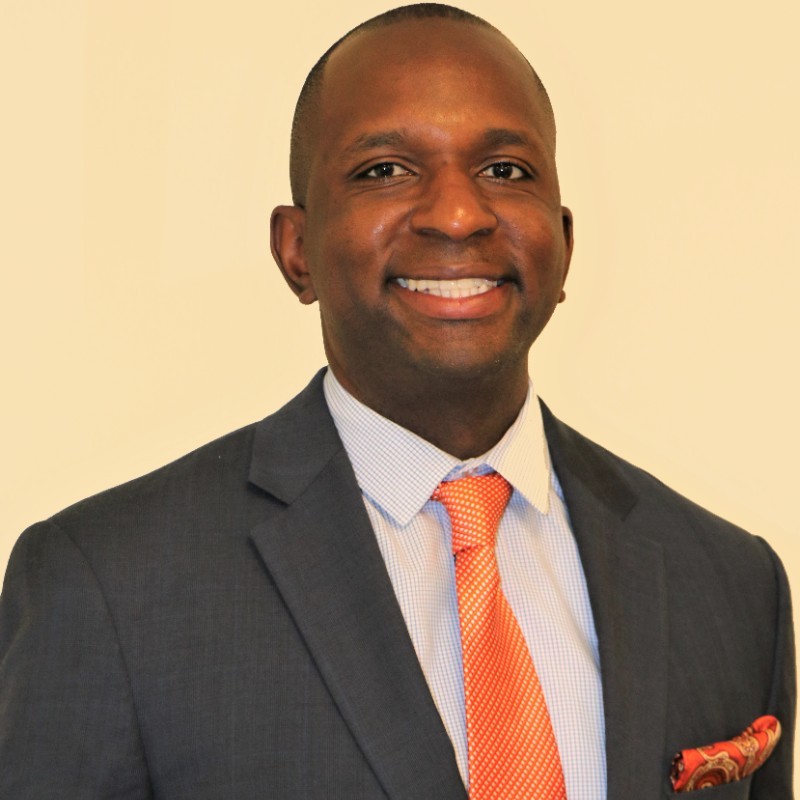
A 2014 graduate of the Fletcher School of Law and Diplomacy at Tufts University, Stéphane Laroche is now serving as a Financial Management Foreign Service Officer with the U.S. Agency for International Development (USAID) in India. In this capacity, he provides guidance to the U.S. mission and host country government on issues related to financial, budgetary, and resource management. Having recently been posted to New Delhi, India with USAID, Laroche speaks not only on the first few weeks of his new assignment, but also on his journey to becoming a USAID Foreign Service Officer.
While the first few weeks on the job in a new country always require a period of adjustment, Laroche underscores his love of a professional life abroad and how much he enjoys supporting America’s foreign policy overseas and making a positive impact on individuals who benefit from American generosity. Laroche comments, “Despite some negative aspects that the world believes about the U.S., it’s a greatly generous country that cares about helping the less fortunate.”
In his work with USAID, Laroche has had the opportunity to witness this firsthand. “The agency is run by people who care deeply about their work, who make mistakes, but are willing to adapt,” Laroche explains. “Their local staff are the backbone of USAID overseas and without their commitment and hard work, the organization would not thrive.”
With a background in international relations, Laroche also comments on how much he is enjoying being involved in the implementation of U.S. foreign policy. Given India’s key role in the larger U.S. Indo-Pacific strategy, Laroche appreciates the opportunity to be in the country while this strategy is being operationalized and to have the chance to explore the different facets of India’s society and culture.
Prior to working for USAID, Laroche served as a Presidential Management Fellow at the Department of State and as an International Trade Analyst with the Foreign Commercial Service. He also currently works as a Civil Affairs Officer with the U.S. Army in addition to his work with USAID. Laroche credits an extensive network of ambitious professionals, passionate about international relations and public service, for encouraging and supporting him in pursuit of these roles. He also credits the Robertson Foundation for Government for enabling him to pursue a career in federal service following his graduation from Tufts University. “RFG, through its Fellowship, afforded me a significantly lower debt burden which allowed me to strongly consider a career in public service post graduate school,” Laroche says.
Laroche’s commitment to public service is rooted in his post-college job in Brooklyn, New York, where he worked for a community development credit union that offered basic banking, micro lending, and financial literacy services to low-income families who were stuck in institutional poverty. That opportunity, coupled with his immigrant roots and an exchange program to Tokyo, Japan during college instilled in him a desire to give back to others. That desire is still alive and well today and is being exercised in his current and past work in government. As Laroche explains, “Every assignment humbles me and makes me appreciate the cultural, ethnic, and culinary diversity of our world, while allowing me the chance to find different ways to connect with others in order to share ideas, talk about our own cultures, or influence people from a professional standpoint.”
When thinking of the future and those interested in pursuing a career as a Foreign Service Officer, Laroche shares that it “helps to be more comfortable leading teams made entirely of non-Americans.” Such opportunities have helped him “to communicate well with locals when representing the U.S. at official events.”
And for those looking to enter into public service, Laroche encourages flexibility. “Don’t be fixated on just one organization; there are a lot of challenging yet rewarding international relations jobs across the U.S. Government both in the U.S. and overseas.” With this plethora of opportunities comes a million hiring mechanisms, so it is vital to “network, network, network,” Laroche concludes.